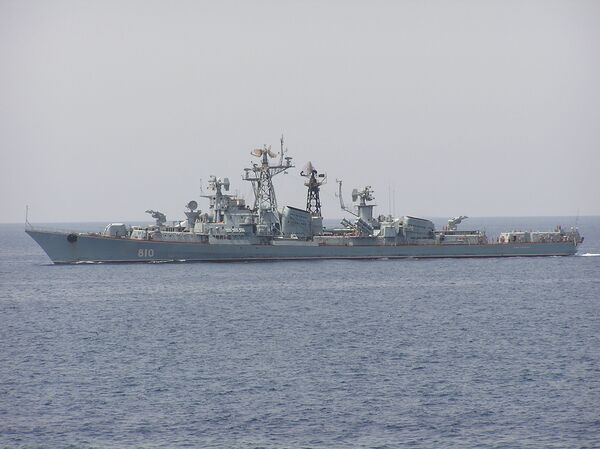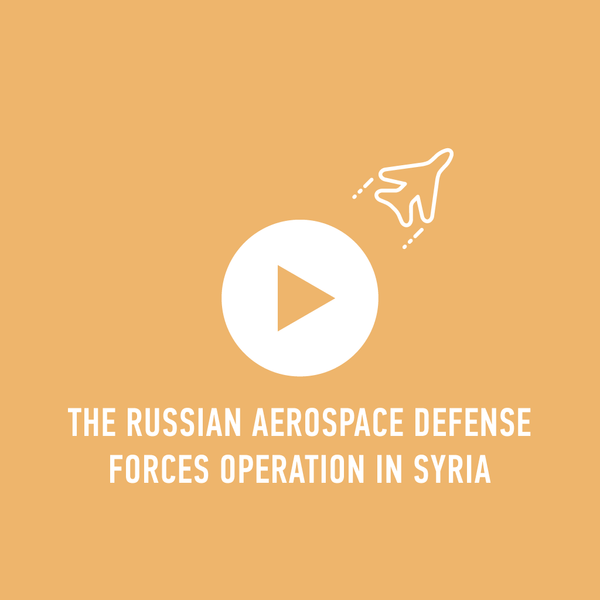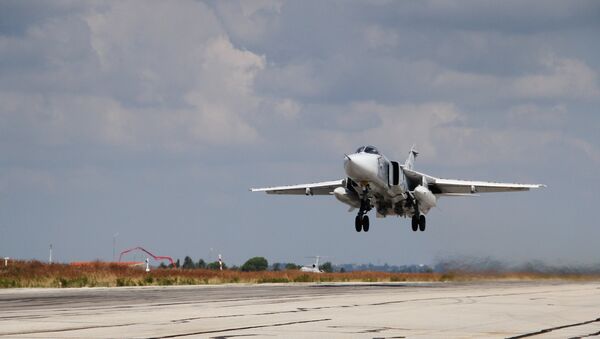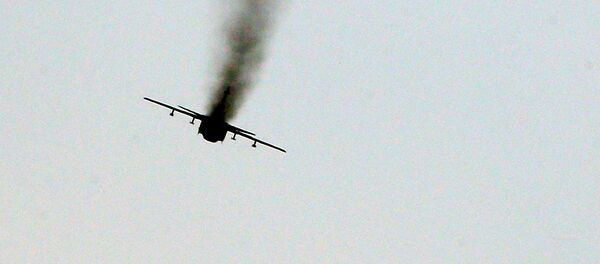"Russia knows well why Turkey shot down one of its warplanes in hot pursuit. … Turkey of course has been losing its most prized pieces inside Syria – an assortment of the most violent jihadi and ultranationalist elements. The process may be systematic and limited for now, but the losses for the Wahhabi terrorists are truly mind-boggling," he asserted.
Shaker outlined two major areas of operation. Damascus-led forces assisted by Russian warplanes and Hezbollah fighters have to seal off all porous borders to prevent terrorists from entering or leaving the country. The government forces could then focus on destroying militants inside the country.
The second task Russia is facing involves making sure that the legitimate Syrian government and patriotic opposition groups are engaged in a meaningful dialogue.
"The cooperation of some elements of the so-called Free Syrian Army with Russia has already begun to produce good results in the fight to dislodge the Wahhabis. This cooperation has extended to coordination on the ground with the Syrian government army itself," Shaker noted.
In addition, Russia is also trying to prevent incidents similar to the Su-24 downing from happening. For this reason the country, according to the analyst, imposed sanctions on Turkey so that no one there would "fantasize about the smell of Russian blood" or want to repeat what the Russian leader described as a "stab in the back."

Relations between Moscow and Ankara were further damaged on Sunday, when the Smetlivy guided missile destroyer was forced to fire warning shots to avoid collision with an approaching Turkish fishing boat.
The warning shots were fired as a measure of last resort since the Turkish seiner did not respond to attempts to make radio contact and ignored signal flares. The incident in the Aegean Sea as widely described as a provocation.




